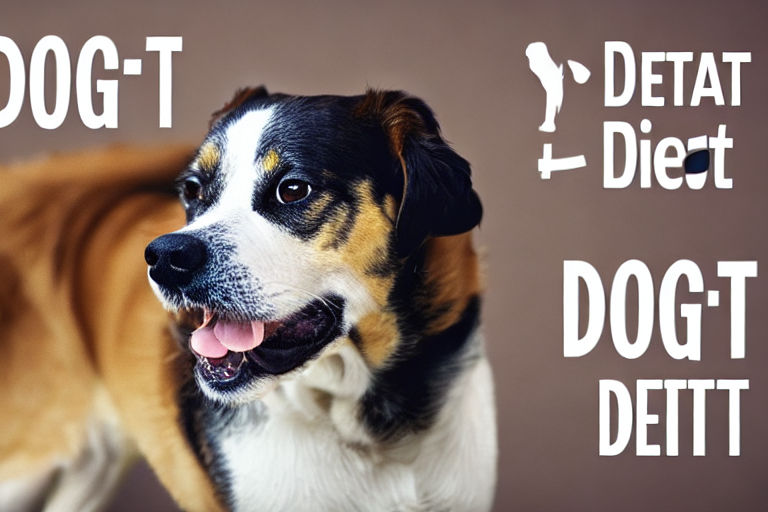The Connection Between a Dog's Diet and Their Allergies
As a dog owner, you probably know that dogs can suffer from allergies just like humans. One of the most common types of allergies in dogs is caused by their diet. But what exactly is the connection between a dog's diet and their allergies? Let's take a closer look.
Understanding Dog Allergies
First, it's important to understand how allergies work in dogs. When a dog's immune system overreacts to a particular substance (known as an allergen), it can cause a range of symptoms, including:
- Itchy skin
- Hives
- Swelling
- Ear infections
- Digestive problems (diarrhea, vomiting)
Common allergens for dogs include pollen, mold, dust mites, and certain foods. When a dog is allergic to a certain type of food, their immune system reacts as if the food is a threat and tries to fight it off.
Identifying Food Allergies in Dogs
So how can you tell if your dog is allergic to their food? The symptoms of food allergies can be similar to other types of allergies, but they may also include:
- Chronic ear infections
- Excessive licking or chewing on paws
- Recurrent skin infections
- Anal gland issues
If you suspect your dog has a food allergy, it's important to take them to the vet for an evaluation. Your vet may recommend an elimination diet or allergy testing to identify the specific food causing the reaction.
The Role of Diet in Dog Allergies
Now that we know how food allergies work in dogs, what role does their diet play? In short, the type of food your dog eats can make a big difference in their susceptibility to allergies.
Some common allergens in dog food include:
- Beef
- Chicken
- Dairy
- Wheat
- Soy
If your dog is allergic to one of these foods, it's important to avoid giving it to them. However, even if your dog isn't allergic to a particular food, their diet can still affect their immune system and overall health. A diet that is rich in nutrients, vitamins, and minerals can help support your dog's immune system and reduce their risk of allergies.
When choosing a dog food, look for high-quality options that include protein sources like lamb, fish, or turkey, and avoid those with fillers and artificial additives. You may also consider adding supplements like fish oil or probiotics to your dog's diet to support their immune system.
Conclusion
A dog's diet and their allergies are closely connected. By understanding the role that food plays in allergic reactions, you can make informed choices about your dog's diet and reduce their risk of experiencing allergic symptoms. If you suspect your dog has a food allergy, be sure to consult with your vet for guidance on the best course of action.



